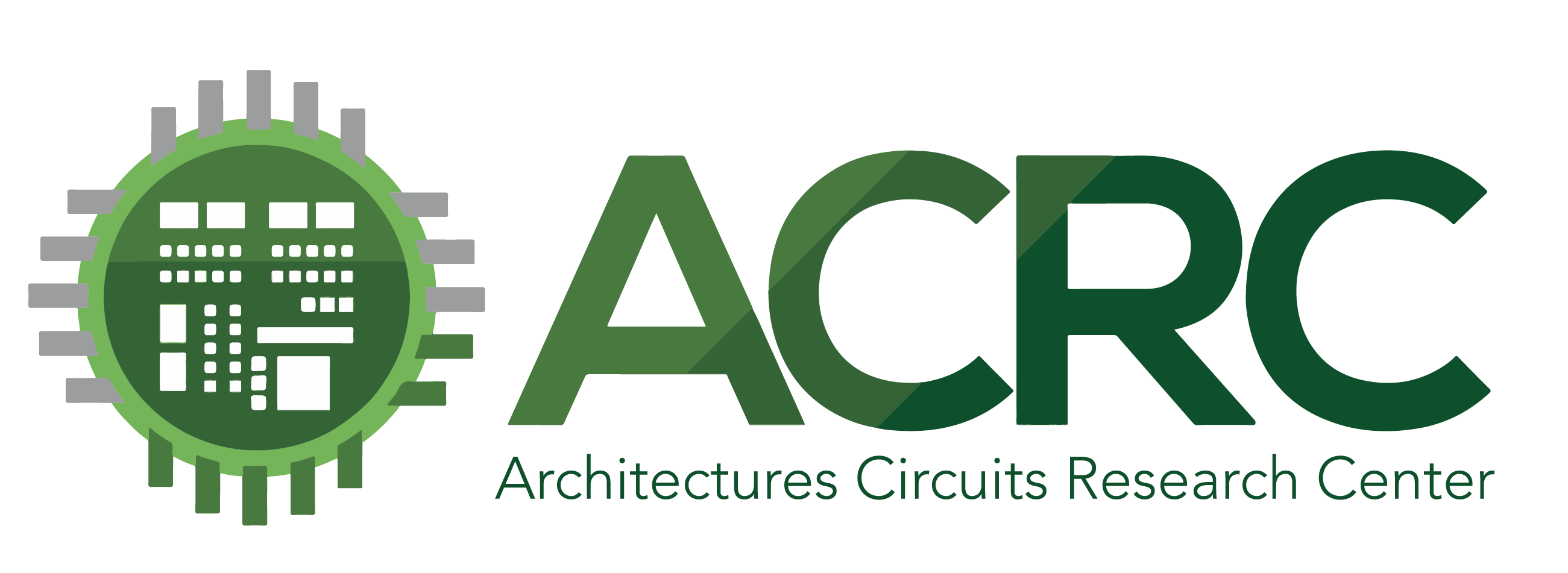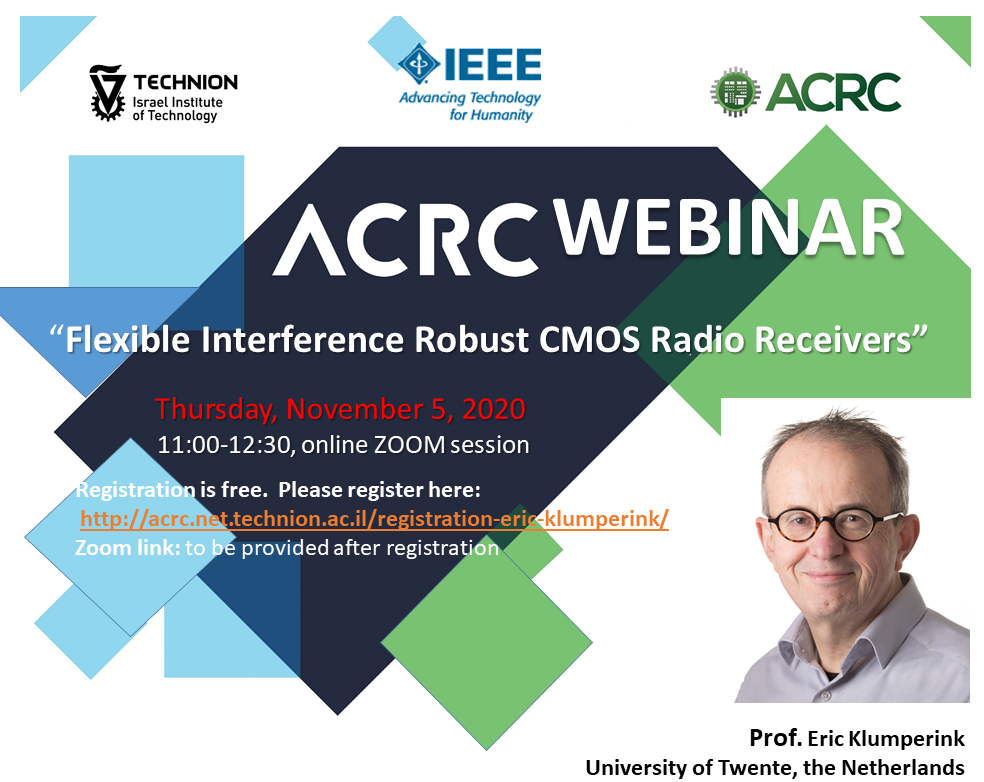The radio spectrum is becoming more and more crowded, and radio receivers are typically interference limited. As there is a demand for multi-mode flexible radio devices, traditional dedicated narrowband filtering no longer satisfies. During the last decade, several new radio receiver architectures and circuits have been proposed which offer more flexibility than traditional receivers with dedicated fixed filtering, while still achieving good sensitivity and robustness for interference. Different names have been used to refer to these receivers, e.g. reconfigurable receiver, multi-band receiver, wideband receiver, SAW-less receiver, software defined radio receiver or cognitive radio receiver. These receivers have in common that they all aim for a high dynamic range while relying less on fixed filters. This talk reviews several proposed concepts, e.g. linearization techniques, noise and distortion cancelling, Low Noise Transconductance Amplifiers followed by current-mode mixing, mixer-first receivers, frequency-translated N-path filtering, harmonic rejection and spatial interference rejection.
Eric Klumperink received his PhD from Twente University in Enschede, The Netherlands, in 1997 where he is currently an Associate Professor. He teaches Analog and RF CMOS IC Design and guides research projects focussing on Software Defined Radio and Beamforming. Eric served as Associate Editor for IEEE TCAS-I, TCAS-II and the IEEE Journal of Solid-State Circuits (JSSC), as TPC member of ISSCC (2011-2016) and the RFIC Symposium (2011-2020), and as SSC Distinguished Lecturer (2014/2015). He holds >10 patents, authored and co-authored >175 refereed journal and conference papers. He was recognized as top paper contributor to ISSCC, for >20 papers over 1954-2013, and was a co-recipient of the ISSCC 2002 and the ISSCC 2009 “Van Vessem Outstanding Paper Award”. Eric is an IEEE Fellow.
Please sign up and join us on Thursday, November 5, 2020 at 11:00 (Israel Daylight Time).
A link to the Zoom session will be provided after registration.
Important: The participation is free of charge, but registration is required /registration-eric-klumperink/
For more details and updates on the series of “ACRC Semiconductor Webinars” please follow our newsletters and our website



